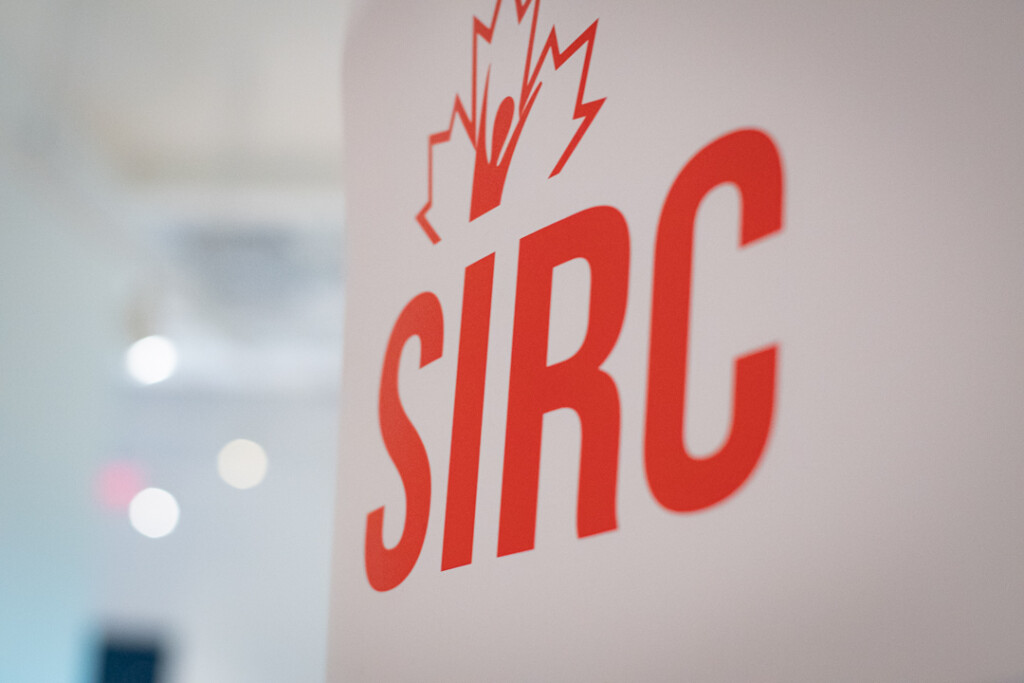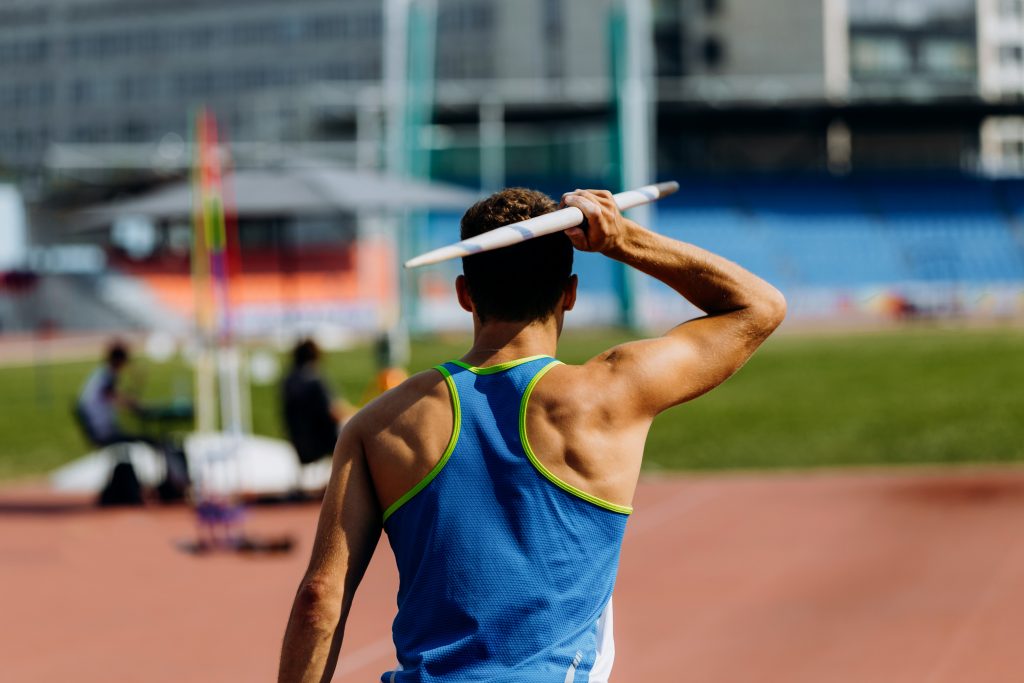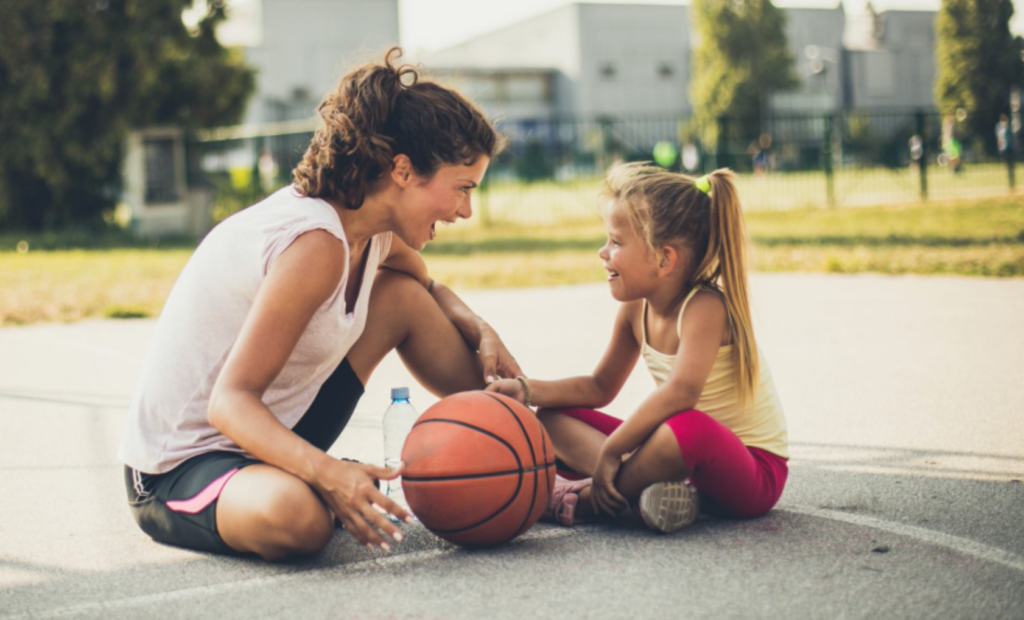Health and Wellbeing
Health and wellbeing is an important contributor participation in sport. Our resources provide key insights on physical health, mental resilience, social wellbeing, and more.
Search Health & Wellbeing Resources
Top 10 resources
- SIRCuit Article: Balancing Psychological Load: New Perspectives on Recovery
- SIRCuit Article: Supporting the Psychological Wellbeing of Athletes: What Can Coaches do?
- SIRC Article: The psychology of recovery among endurance athletes
- SIRCuit Article: The Role of Nutrition in Sport Concussion Recovery
- Game Plan: Wellbeing for Olympic and Paralympic Athletes
- Canadian Centre for Mental Health in Sport
- How air pollution affects human health and sport performance
- SCRI: Men athletes’ self-compassion and masculinity
- Engaging Girls and Women in Sport Mini Series – Part 4: Connecting mind and movement
- SIRC Active Break Video Series

Featured resource
Game Plan

Featured resource
Stuart Wilson, Joe Baker, and Nick Wattie

Featured resource
Public Health Agency Of Canada, University of Quebec in Montreal, and SIRC

Featured resource
Jamie Bissett, University of Toronto

Featured resource
Jordan Sutcliffe, University of Wollongong
Quick Facts
How does sport contribute to social wellbeing?
Sport fosters social wellbeing by providing opportunities for individuals to engage with others in a team environment, which promotes communication, cooperation, and respect. Participating in sport helps build a sense of belonging, whether through a local sports club, school team, or community event. It encourages the development of leadership skills, empathy, and the ability to work with diverse groups of people. Sport also strengthens social networks and friendships, providing emotional support and a sense of connection, which are critical for mental health and overall life satisfaction.
How can sport environments help participants' mental health?
Sport environments that prioritize mental health create a foundation for athlete success and overall wellbeing. Coaches, trainers, and sport organizations play a critical role by fostering inclusive, supportive environments where athletes feel comfortable discussing mental health challenges without fear of stigma. By providing access to resources like mental health professionals, educational workshops, and peer support programs, sport organizations can help athletes manage stress, prevent burnout, and develop healthy mental habits. Emphasizing mental health as part of overall performance encourages athletes to view their wellbeing holistically, improving both their mental and physical outcomes.
What is Psychological Skills Training (PST), and how does it benefit athletes?
Psychological Skills Training (PST) is a method used to enhance an athlete’s mental capabilities, helping them manage pressure, focus better, and stay motivated during competition. PST involves techniques like goal setting, imagery (visualization), and positive self-talk, which help athletes improve their mental strength and resilience. These skills are essential in maintaining consistent performance, especially under high-pressure situations. PST not only enhances physical performance but also promotes mental wellbeing, aiding athletes in handling stress, overcoming setbacks, and improving confidence. This training benefits athletes across all levels, from recreational participants to elite competitors.
What is nutritional well-being?
Nutritional well-being refers to the state of health achieved through a balanced and adequate intake of nutrients essential for optimal physical and mental performance. It involves consuming a variety of foods, including fruits, vegetables, whole grains, lean proteins, and healthy fats, to meet the body’s energy and nutrient needs. Proper nutrition supports athletic performance, aids recovery, and helps maintain overall health, reducing the risk of chronic diseases.
How does the outdoor environment impact overall health, particularly in extreme heat or cold?
The outdoor environment can significantly affect overall health, especially during extreme temperatures. In extreme heat, athletes are at higher risk for heat-related illnesses, dehydration, and decreased performance. Conversely, extreme cold can lead to frostbite and hypothermia. It’s essential to adapt to these environmental factors by monitoring weather conditions, staying hydrated, dressing appropriately, and following safety guidelines. For more insights on how to manage activities in varying environmental conditions, visit our Environment page.
Video Resources
Appearance-related shame mediates the association with body surveillance & attentional focus
- University of Toronto and SIRC
- 2022
Promoting sports participation: Exploring physical activity patterns and role models of aging amongst older persons
- University of Windsor, York University, Charles Strut University, and SIRC
- 2015
Engaging Girls and Women in Sport Mini Series – Part 1: Getting Girls Back in the Game
- SIRC, Edmonton Tsunami, University of Guelph, and Brams United Soccer Club
- 2021
Are Sport-Related Concussions Different in Males and Females?
- SIRC
- 2021
The role of physical activity and sport in reconciliation: A conversation with Wilton Littlechild
- University of Toronto
- 2023
Rethinking Achievement Goals to Consider the Role of Autonomy in the Sport Domain – Patrick Gaudreau
- University of Ottawa and SIRC
- 2013
Knowledge Nuggets
knowledge nuggets
AI for Sport Nutrition?
New research shows AI tools like ChatGPT can accurately answer ultra endurance sport nutrition questions. Coaches and athletes can use these tools for quick, evidence-based
New research shows AI tools like ChatGPT can accurately answer ultra endurance sport nutrition questions. Coaches and athletes can use these tools for quick, evidence-based guidance to complement expert advice, support meal planning, and reinforce hydration and recovery strategies.
knowledge nuggets
Back to school, back to movement
A Canadian study found that schools can boost student activity levels with simple supports. Access to equipment during the day, partnerships with public health, and
A Canadian study found that schools can boost student activity levels with simple supports. Access to equipment during the day, partnerships with public health, and dedicated staff time all helped teens meet national physical activity guidelines. This shows how schools can set the stage for healthier, more active school years.
knowledge nuggets
The impact of body image on youth athletes’ performance
Research conducted with nearly 1,400 youth athletes found that when they focus on how their bodies appear, known as “body surveillance,” their performance suffers. This
Research conducted with nearly 1,400 youth athletes found that when they focus on how their bodies appear, known as “body surveillance,” their performance suffers. This can mean slower reaction times and less precise movements when competing. The research urges coaches and sport leaders to reduce appearance-based pressures and shift focus toward athletes’ confidence and functional abilities.
knowledge nuggets
Teaching body image in physical education classes
A recent review highlights ways to support positive body image among teens in secondary school physical education. One effective approach includes activities like yoga or
A recent review highlights ways to support positive body image among teens in secondary school physical education. One effective approach includes activities like yoga or mindful movement that help students reconnect with their bodies. These activities can encourage self-awareness and body appreciation through movement.
knowledge nuggets
The positive impact of physical activity on health
A recent systematic review supports Canada’s 24-hour movement guidelines, which recommend a balanced mix of physical activity, sedentary behaviour, and proper sleep each day. The
A recent systematic review supports Canada’s 24-hour movement guidelines, which recommend a balanced mix of physical activity, sedentary behaviour, and proper sleep each day. The research found that moderate to vigorous physical activity offers significant benefits for mental health, heart health, body composition, and longevity, reinforcing the value of moving more each day for better overall health.
knowledge nuggets
Youth athletes turn to coaches and parents for food guidance
Adolescent athletes most often cited parents and coaches as their main sources of food literacy, while non athletes were more likely to rely on peers
Adolescent athletes most often cited parents and coaches as their main sources of food literacy, while non athletes were more likely to rely on peers and social media. Since not all adults in guidance roles offer evidence-based advice, equipping coaches and parents with accurate, sport-specific nutrition resources is key to supporting young athletes’ health and performance.
knowledge nuggets
Exercise snacks for busy days
Finding time for a full workout each day can be challenging, but meeting daily exercise guidelines is important for maintaining good health and overall well-being.
Finding time for a full workout each day can be challenging, but meeting daily exercise guidelines is important for maintaining good health and overall well-being. To help people stay active during busy times, researchers have been exploring the use of “exercise snacks” or short bursts of movement or structured activities like walking that are spread throughout the day.
knowledge nuggets
New guidelines recommend custom mouth guards for contact sports
An international panel of leading experts in dental trauma and sport dentistry recommends that athletes in high-risk sports like hockey, rugby, and martial arts wear
An international panel of leading experts in dental trauma and sport dentistry recommends that athletes in high-risk sports like hockey, rugby, and martial arts wear custom-fitted mouth guards to prevent dental injuries. The guideline highlights the role of coaches, parents, and dental professionals in promoting this simple but effective form of protection.
More Health and Wellbeing resources
|
|
|
|
|
|
|
|
|
|
|
|